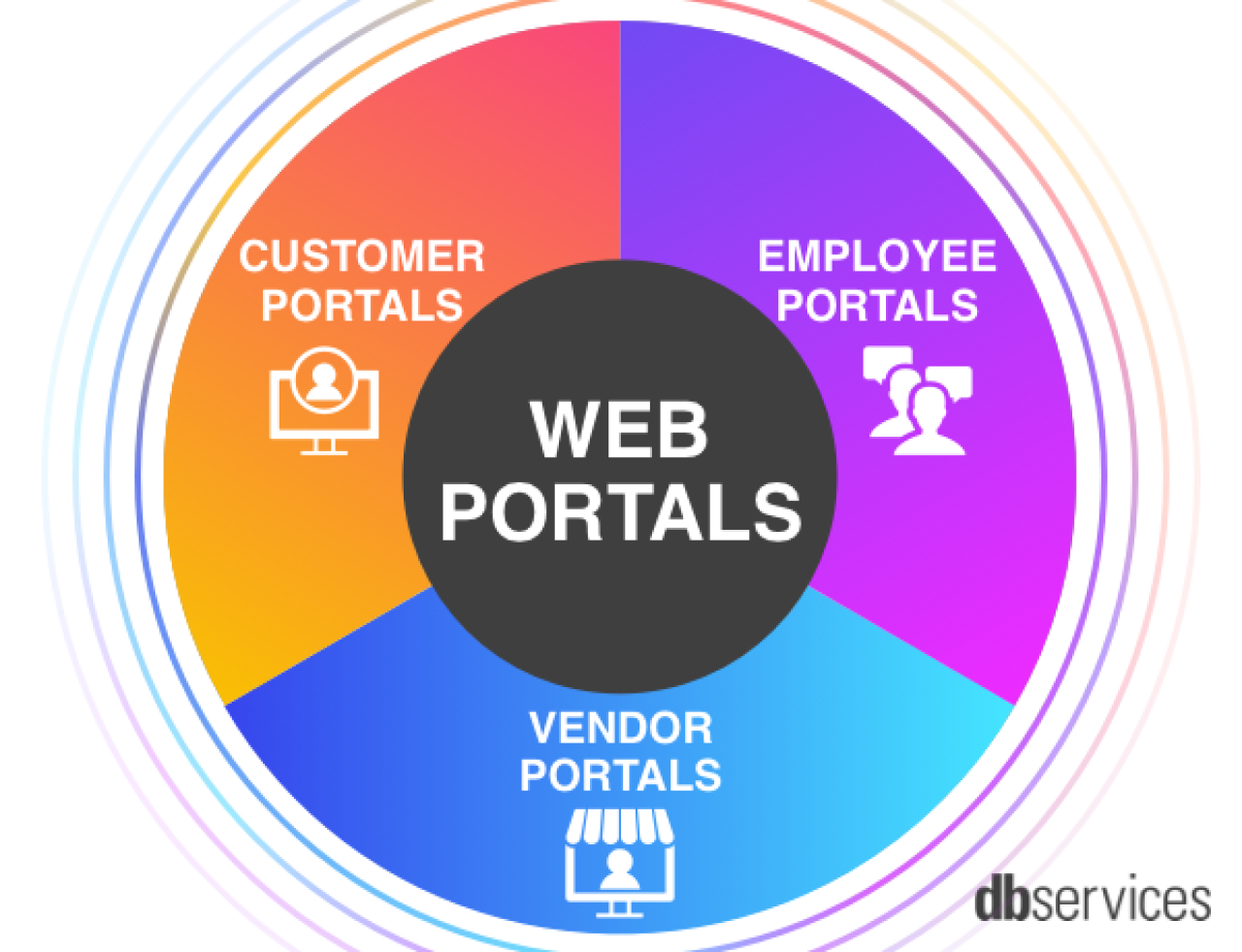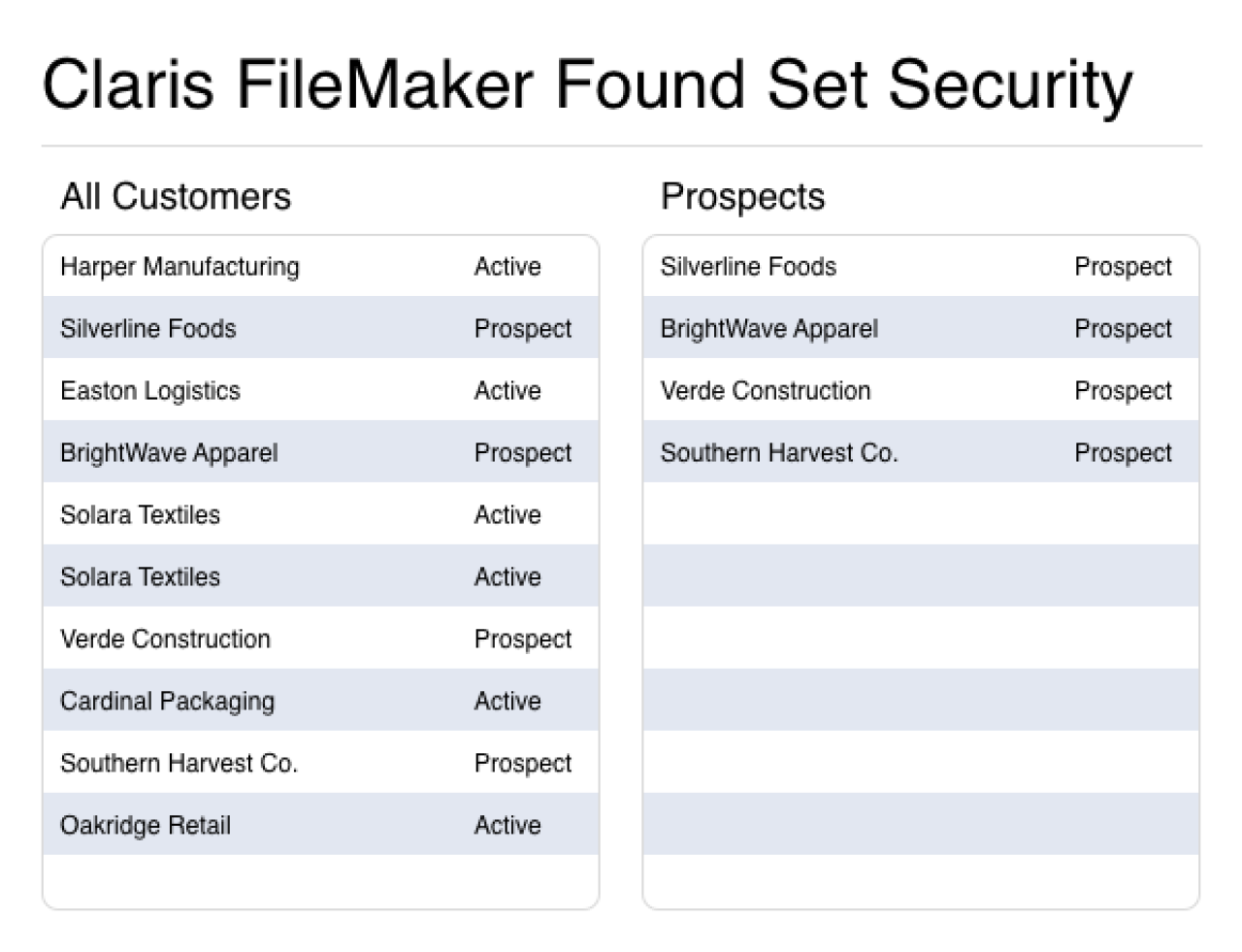

In today's competitive marketplace, customer and employee satisfaction and loyalty are must-haves for any business aiming for long-term success. Providing users with 24/7/365 access to their account details, orders, invoices, and more through modern web portals can significantly enhance satisfaction, build trust, foster loyalty, and increase the value of your business. Leveraging these web technologies to leverage your data enables powerful solutions. Let's discuss a few examples of different types of web portals that can benefit your business.
Customer Portals
Customers are the key to every business, and customer satisfaction and loyalty are important to prioritize. Allowing customers 24/7/365 access to details about their accounts, orders, invoices, and more can greatly improve customer satisfaction, build trust and loyalty, and drive more business. From tracking orders in real-time to paying invoices, customers can effortlessly access the resources they need. Using a customer portal, you can leverage data to create excellent progress-tracking tools and enable great data-driven solutions for your customers.
Additionally, a well-designed customer portal fosters data-driven solutions. By harnessing data from the portal, businesses can build tools that enable customers to monitor their progress effectively. Whether it's tracking the status of an order or analyzing past invoices, customers can leverage these tools to make informed decisions and streamline their interactions with the business, thus improving the customer experience.
A customer portal can help lessen the load on your team by allowing customers to self-service anytime. Providing a secure place for customers to upload and access important information builds trust and strengthens customer relationships. It's also a great investment into your business and offers a competitive advantage.
Some examples of the things that a customer portal can offer:
Order history and tracking
Retrieve and pay invoices
Manage account details
Always on self-service (access to support or knowledge base)
Community forums
These are just a few use cases for a customer portal. The sky is the limit - it all depends on your business needs!
Employee Portals
In today's fast-paced business landscape, empowering employees with easy access to vital information isn't just a perk - it's a strategic advantage. By creating a web portal for employees, you can create very informative displays of information, such as hours worked, metrics to track performance, and even payment information. Employee portals can help streamline communication, boost productivity, and enhance employee engagement.
In the current day and age, people have almost any information they can dream of available to them through the web. Having a business that empowers your team members with insightful metrics and important documents in an online portal is a very good incentive to retain and attract talent to your business. Setting yourself apart with always-on access to employee resources in a single location shows that you value workplace transparency, collaboration, and innovation.
Below are some examples of functionality that can be created in web portals for your employees:
Performance tracking
Work schedules
Time tracking
Payroll information
Benefits information
Training and professional development tools
Access to support or knowledge documentation
These are just a few examples, but the possibilities are virtually endless. The key is to tailor the employee portal to meet the specific needs and preferences of your organization and workforce.
Vendor Portals
In today's interconnected business world, collaboration with vendors and business partners isn't just about transactions - it's about creating seamless partnerships that drive mutual success. Facilitating information to your vendors can streamline the process of obtaining their services. Having a way for your vendors to see metrics regarding your inventory levels of the products they provide can give them insight into when they need to resupply your stock.
Allowing your vendors to update their information from the web allows your system to maintain the most up-to-date information at all times. Furthermore, having a central hub where the vendor can manage their relationship with your business can streamline processes and communication between businesses.
A vendor portal isn't just a tool - it's a strategic asset that can transform how you do business with your suppliers. By providing vendors with access to valuable insights, enabling them to update their information seamlessly, and creating a centralized hub for communication and collaboration, you can streamline business processes, drive efficiency, and build stronger relationships.
Here are some potential tools that can be addressed by web portals:
Document submission
Profile and contract management
Displaying vendor metrics and analytics
General communication
Onboarding
Invoice management
Training and support
As with all web portals, the possibilities for a vendor portal are endless and can be customized to your business needs.
Conclusion
Web portals allow you to create powerful solutions for your customers, employees, and vendors. In the current day and age, it has become ever more important for businesses to provide their collaborators with access to resources through secure online platforms. If you would like to incorporate a custom web portal or other web solution into your business, contact us and our team would be happy to help you.
Did you know we are an authorized reseller for Claris FileMaker Licensing?
Contact us to discuss upgrading your Claris FileMaker software.





